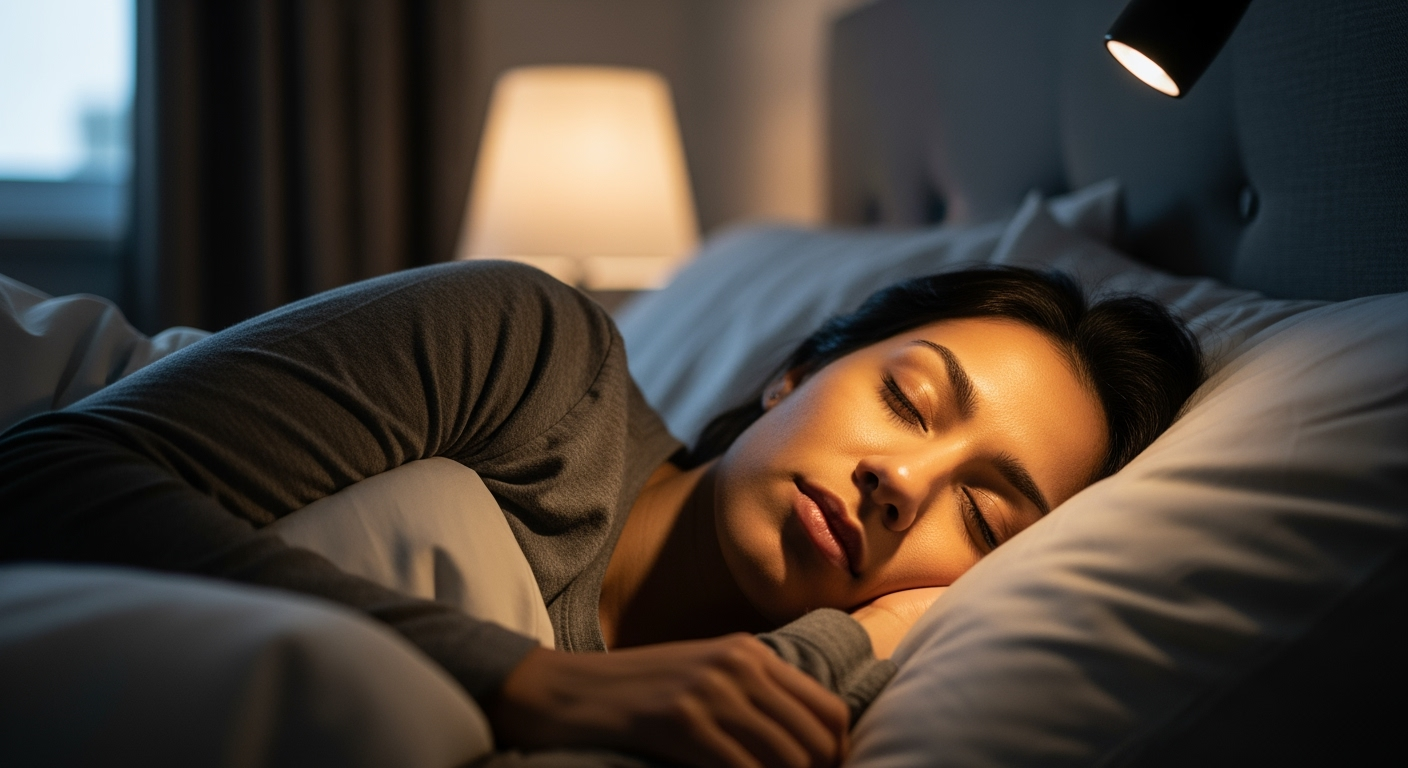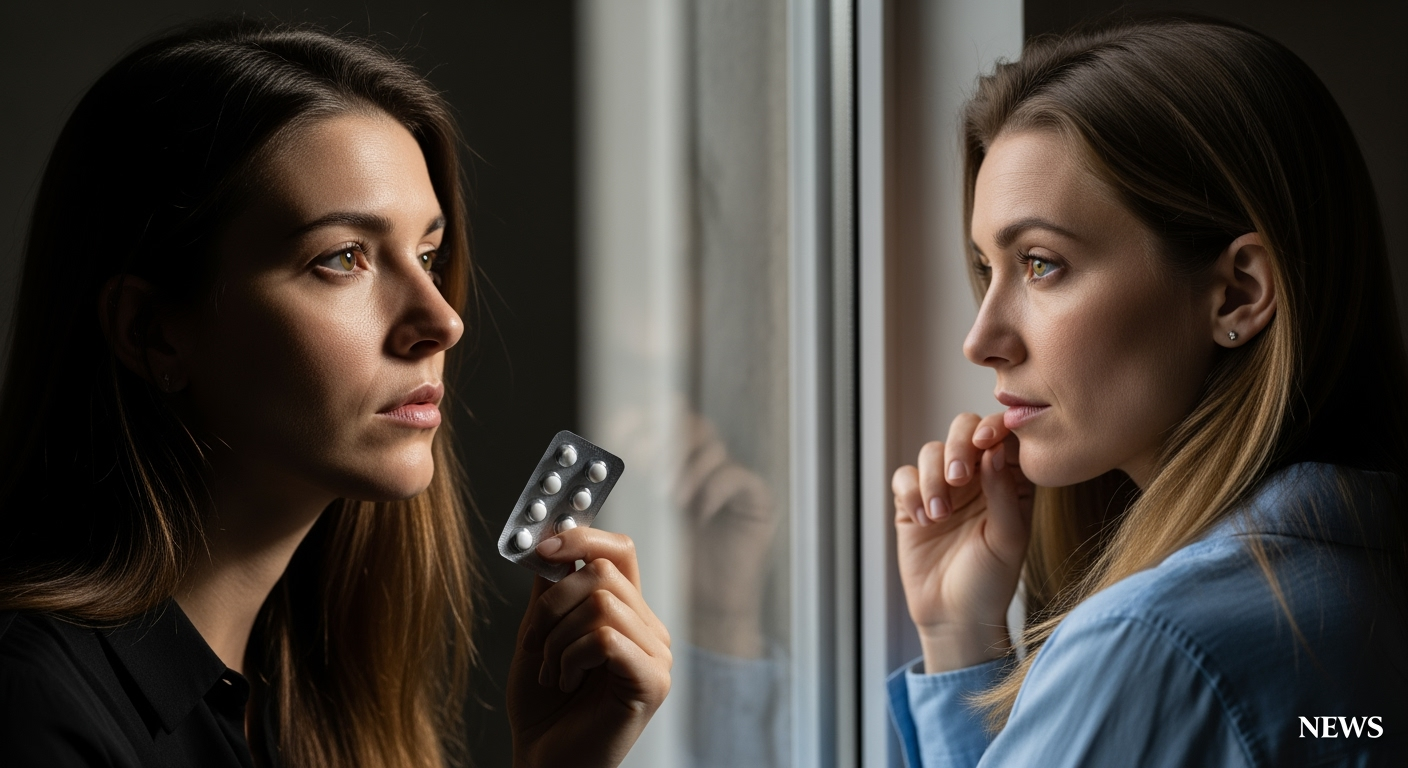Related Articles

The Hidden Danger: Unraveling the Complex Link Between Talc, Asbestos, and Cancer

The Hidden Sleep Divide: Why Women May Need More Rest Than Men





For decades, the birth control pill has revolutionized reproductive autonomy, offering millions of women control over their fertility. Yet, alongside its undeniable benefits, a persistent and often intimate question has shadowed its use: is the oral contraceptive pill diminishing women's sex drive? The answer, as scientific inquiry continues to reveal, is far from simple, painting a nuanced picture where individual experiences, hormonal intricacies, and psychological factors intertwine to shape desire. What is clear is that for a subset of users, the pill's hormonal adjustments can subtly, or sometimes significantly, alter a woman's sexual landscape, prompting a vital conversation between patients and healthcare providers.
The primary function of combined oral contraceptives, the most widely prescribed form of birth control, revolves around manipulating the body's hormonal balance to prevent pregnancy. These pills typically contain synthetic forms of estrogen and progestin, which work in concert to suppress ovulation, thicken cervical mucus, and thin the uterine lining, thereby creating an environment inhospitable to conception. However, this hormonal interference extends beyond merely preventing pregnancy; it also impacts the production of other crucial hormones, notably androgens..
Androgens, such as testosterone, are often associated primarily with male sexuality but play a significant role in female libido, arousal, and overall sexual function. While women produce testosterone in much smaller quantities than men, it is vital for maintaining a healthy sex drive. The birth control pill can decrease the ovarian production of these androgens, leading to lower circulating testosterone levels. This suppression of androgens has long been hypothesized as a potential mechanism through which the pill could reduce a woman's sex drive. Some research suggests that while many women produce more androgens than strictly necessary for sexual function, for others, this pill-induced reduction might tip the balance, leading to a noticeable drop in desire. Beyond direct libido impact, lower androgen levels can sometimes contribute to other physical changes that may affect sexual comfort and enjoyment, such as reduced vaginal lubrication, vulvar pain, or thinning of vaginal tissues.
The scientific community has grappled with the question of the pill's impact on libido for decades, with research yielding a wide range of findings that underscore the complexity of female sexuality. Studies have produced inconsistent and often contradictory results, making it challenging to draw universal conclusions. For instance, a review of literature between 1978 and 2011 found that approximately 15% of women reported a decline in libido while taking oral contraceptives. More recent data indicates even broader variations: one study revealed that over 60% of pill users experienced no change in libido, more than 20% reported an increase, and around 10% noted a decrease. A 2024 study further reported a decrease in sexual drive and lubrication among contraceptive users, while a 2020 study linked combined oral contraceptive use to lower sexual function and satisfaction, along with higher anxiety and depression levels, compared to non-hormonal methods.
The reasons behind these divergent findings are multifaceted. Measuring sexual desire is inherently subjective and difficult to quantify in a scientific study. It is nearly impossible to isolate the effects of the pill from a myriad of other factors that influence libido, such as relationship satisfaction, stress levels, body image, mental health, age, and general physical well-being. What one woman perceives as a "low" sex drive might be another's normal, and individual hormonal responses to specific pill formulations can vary dramatically. This "individual variation" is a critical theme emerging from the research, highlighting that a blanket statement about the pill's effect on all women's sex drives is inaccurate.
Conversely, some women report an increased sex drive while on the pill. This phenomenon can be attributed to several factors. The most prominent is the psychological relief that comes with effective contraception; the absence of pregnancy anxiety can liberate women to enjoy sexual activity more fully and frequently. Additionally, for those who previously suffered from heavy or painful periods, premenstrual mood swings, or other hormonal imbalances, the pill can stabilize hormones, alleviate discomfort, and generally improve mood and well-being, indirectly enhancing sexual desire. Thus, the pill's impact is not uniformly detrimental, and for many, it can even be sexually empowering.
While hormonal changes are a significant point of focus, it is crucial to recognize that female libido is a complex interplay of biological, psychological, and relational factors. Hormones provide a foundational element, but they do not act in a vacuum. A woman's desire for sex can be influenced by her relationship dynamics, including communication with her partner, emotional intimacy, and feelings of respect and attraction. External stressors, such as work pressures, financial concerns, or family responsibilities, can significantly dampen sexual interest. Mental health conditions like depression and anxiety are well-known libido inhibitors, regardless of contraceptive use. Furthermore, physical health issues, including thyroid problems, diabetes, obesity, and sleep disturbances, can also impact a woman's sexual appetite.
Body image plays a substantial role; if a woman feels insecure about her appearance, it can significantly hinder her comfort and enjoyment during sexual encounters. Even the physical experience of sex itself matters: factors like arousal, the ability to achieve orgasm, and the presence of pain or discomfort can all affect sustained interest in sexual activity. When evaluating changes in sex drive, particularly when using oral contraceptives, it is essential for both individuals and healthcare providers to consider this broader context. Attributing any change solely to the pill without exploring other contributing factors risks oversimplifying a deeply intricate aspect of human experience.
For women who suspect their birth control pill might be affecting their sex drive, open communication with a healthcare provider is paramount. It is a common occurrence for sexual desire to fluctuate over time, but significant or bothersome changes warrant medical attention. A doctor can help rule out other underlying health conditions that might be responsible, such as thyroid issues, diabetes, or depression.
Healthcare providers can also discuss alternative contraceptive methods. Different formulations of combined oral contraceptives exist, with varying types and dosages of estrogen and progestin, and some may have a lesser impact on androgen levels than others. Switching to a different pill formulation could alleviate symptoms for some women. Additionally, non-hormonal birth control methods, such as copper intrauterine devices (IUDs), diaphragms, or condoms, eliminate concerns about hormone-related side effects. However, even non-hormonal methods can indirectly affect libido if concerns about pregnancy persist, as they may not be perceived as equally effective as hormonal options. The goal is to find a method that aligns with a woman's reproductive needs, health profile, and overall quality of life, including her sexual well-being.
The question of whether the birth control pill destroys women's sex drive elicits a nuanced response. While hormonal contraceptives undoubtedly alter a woman's endocrine system, potentially leading to a decrease in libido for some due to reduced testosterone, the experience is not universal. Many women report no change, and for others, the pill can paradoxically enhance sexual freedom and desire by alleviating pregnancy fears and managing other gynecological symptoms. Female libido is a multifaceted phenomenon influenced by a complex interplay of biological, psychological, and social factors. Therefore, discussions about birth control and sex drive must move beyond a simple cause-and-effect model, embracing the individuality of women's experiences and promoting informed decisions in partnership with healthcare professionals. The ongoing research continues to shed light on this intricate connection, emphasizing the need for personalized care in navigating the evolving landscape of women's reproductive health.